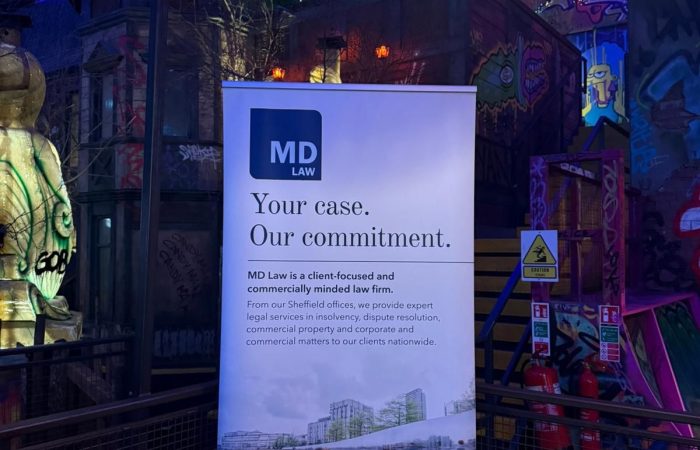Knowledge of the Process
You have received an offer to buy your dental practice, and you are probably feeling a mix of excitement and anxiety about what happens next. Being forearmed with knowledge of the process will help- as preparation is key. In this short series, we will look at each stage of the process.
But what is the process? What happens after you’ve received your offer? Is there a roadmap to show you how to progress through the sale process?
Here is an overview by Kate Beech, our expert healthcare corporate solicitor who has acted in over 600 dental practice sales.
Heads of Terms
For the most part, the sale of a dental practice follows a similar process for the majority of dental practice owners.
The first part, especially if you have engaged a broker to sell your practice, is agreeing on the heads of terms. Under English law, you cannot have an agreement to agree, and as such, heads of terms (sometimes called a memorandum of sale, or HOTs for short) should simply set out the key terms you and the buyer have agreed on, including-
- the price—whether the price is payable in one lump sum or if some is payable on the sale with the rest tied to you working there,
- whether it is a lease or freehold sale,
- details of the NHS contract (if applicable),
- who is responsible for the costs incurred during the sale,
- granting the buyer a period of exclusivity,
- sometimes, a buyer may also pay a deposit at this stage.
Due Diligence
Once the heads of terms are signed comes what is often described as the worst part of selling! Most dental practice owners wince at the term ‘due diligence’ (or DD for short—and yes if you haven’t figured it out by now, most terms in a sale become acronyms!).
Due diligence is where a buyer will ask lots of questions about the practice and property. It is where the buyer finds out about the practice, and for the buyer, it is a way of testing the price—making sure everything that was advertised exists. It isn’t about trying to trip up the seller, nor is it a way of looking for a price reduction—it is simply an information-gathering exercise. You can start preparing for due diligence the moment you decide to sell; you don’t have to wait until it is requested from you.
How long does a sale take?
Most sellers will ask how long it takes to sell. While the average sale usually takes between 6-9 months, you can help ensure that this timescale is achieved (or even an earlier one) by responding quickly and succinctly to due diligence information requests. Consider the seller who completes the questions and provides copies of the documents within 48 hours—who sells within 4 months—versus the seller who, 12 months later, is still trying to find the information and ultimately ends up selling for much less.
Active Involvement
While preparation is key, so too is control and involvement. The sale of your practice requires your active involvement. If you cannot provide the requested information, matters will stall. However, if you act quickly upon receiving a request and handle matters that are within your control, the process will feel more manageable.
Involvement isn’t just about the buyer and seller; if you rent your property from a landlord or your SIPP, you need to get in touch with them as soon as possible. You need to know what they will require from you (and the buyer) as part of the sale, and the heads of terms stage is a good time to make contact with your landlord (or SIPP). Other parties will also need to be involved, such as the CQC (although most sellers will require a DBS check first), the NHS, and the buyer’s lender.
What Happens Next?
In our next blog, we will explore what happens after you’ve signed the heads of terms and provided the due diligence. This is often a period when sellers find that the sale has lost momentum, and we will provide some useful tips on how to help progress matters.
If you have any questions about the above process or would like to discuss how we can help you sell your dental practice or buy a practice, then please book your free initial consultation here, call 0114 299 4890 or email info@mdlaw.co.uk.


